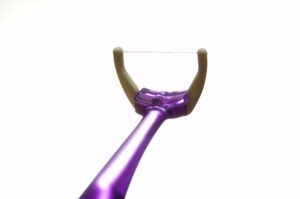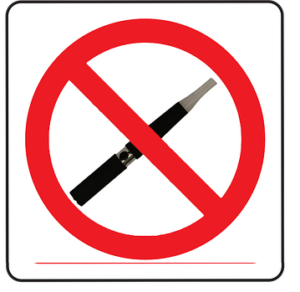
Hemisection is a type of dental or endodontic surgery in which half of an injured or infected molar is removed. This type of treatment is only used for molars, due to their larger size and dual-root structure that provides added strength and stability. A hemisection may be recommended in certain cases to allow the healthy portion of the affected tooth to be preserved, rather than extracting the full molar.
When might a hemisection be recommended?
Our dentist may recommend a hemisection for you if you experience any of these:
- Vertical fracture, due to trauma or decay
- Vertical bone loss near the molar
- Damage to pulp chamber
- Infection of tooth that has had root canal treatment
- Gum disease affecting the area between the molar’s two roots
How is a hemisection performed?
Our Orland Park dentist will gently expose the structure beneath your molar to confirm that one root is healthy enough to be preserved. The infected or injured root is removed and the gap is cleansed and filled. A crown will be fabricated and placed to strengthen the tooth after treatment.
Hemisection provides an effective option to save a molar that may otherwise require full extraction. If you have a molar that may be injured or infected, contact our Orland Park dentist as soon as possible for an evaluation.
Chicago Dental Implants, Oral & Facial Surgery
Phone: (708) 301-5000
Url: https://chicagodentalimplants.com/
10713 W 159th Street
Orland Park, IL 60467









 The hazards surrounding vaping are not entirely clear. More research is needed in this area, but a recent study indicates that e-cigarette vapors could be damaging to your mouth. Here’s what you need to know.
The hazards surrounding vaping are not entirely clear. More research is needed in this area, but a recent study indicates that e-cigarette vapors could be damaging to your mouth. Here’s what you need to know.




